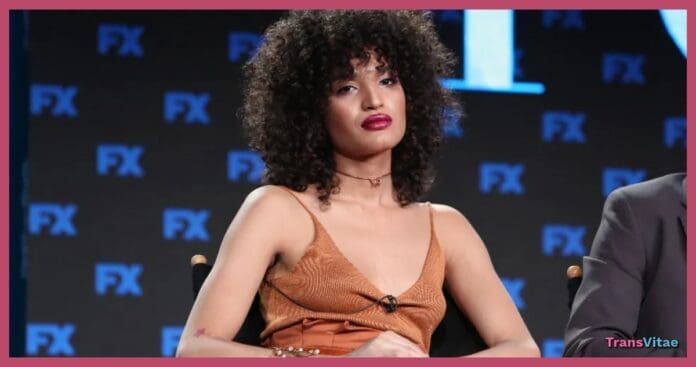In a raw, emotional Instagram video, Pose star Indya Moore issued a pointed demand: trans people deserve more than lip service. They deserve real allyship, especially from the powerful names who have once profited from their stories.
Moore publicly called out Ryan Murphy, the prolific producer behind Pose, among other popular shows. The criticism hinges on what Moore perceives as Murphy’s silence in the face of growing anti-trans violence and political attacks. “We really pissed you off that much, Ryan?” Moore asked, her voice cracking between tears and anger.
Her reference to Janet Mock was no accident. In 2021, at the red-carpet premiere for Pose’s final season, Mock gave a blistering speech that challenged Hollywood’s inequities, including her own underpayment on the series. Moore echoed and extended that legacy, calling for concrete reforms: fair pay, protection on sets, and accountability for racism, violence, and mistreatment behind the scenes.
Moore’s plea is not just to Murphy. It is to all who occupy influential spaces in entertainment and activism. She acknowledged gratitude for those who have supported trans people but warned that gratitude is not enough in this moment of crisis. She implored Hollywood and global allies: “You do need to address the racism, the violence, and the targeting of people on your productions… You do need to make sure trans people are paid equally.”
Her frustration resonates because it emerges amid a sustained escalation of legal attacks on trans rights, increasing violence, and cultural backlash. In that climate, silence becomes complicity, especially when wielded by those once heralded as “champions” of queer representation.
Moore also chastised internal community dynamics. She urged trans people to love one another rather than compete, arguing that marginalized people too often pit one another against each other when facing larger, systemic threats. Within her critique is a hopeful call: “If we see each other being attacked … we stand in front of the person who’s being attacked. We stand up for each other, but we don’t stand with each other.”
The backlash came swiftly. In her comments section, Laverne Cox expressed solidarity: “This call to action … acknowledging each other’s humanity both intra community and for those who proclaim allyship … I feel you deeply.” Others pointed out past reports of mistreatment on Murphy’s sets, including allegations raised by Angelica Ross and Keke Palmer, to underscore Moore’s demands for accountability.
As of this writing, Murphy has not publicly responded in detail. But Moore’s message, charged with both grief and resolve, lands as a challenge to all who benefit from trans visibility. True allyship does not end when cameras roll. It shows up when conditions worsen, when community is under fire. And if we accept nothing less, then our voices must not be silenced.


